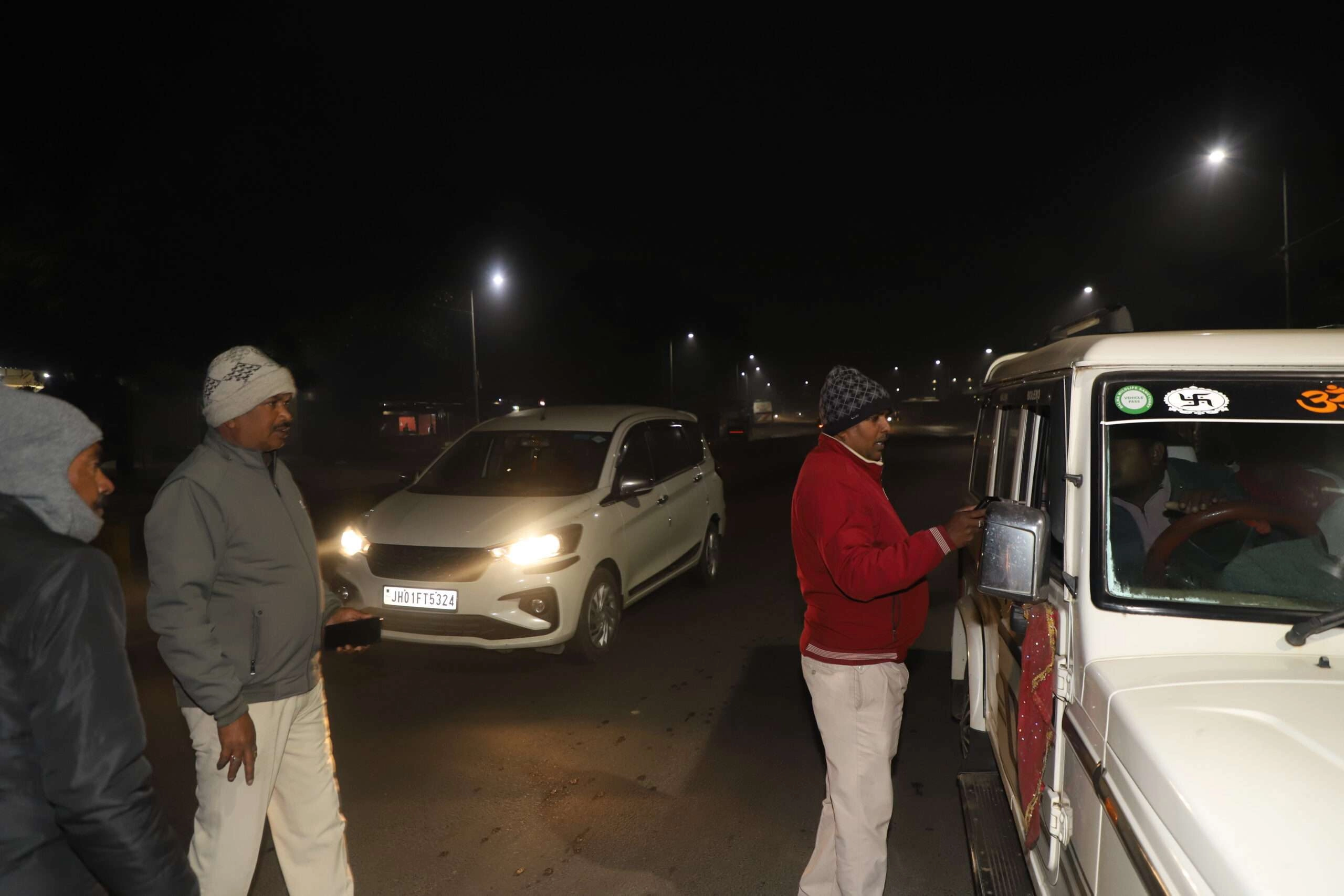In a recent ruling, the Calcutta High Court addressed a case involving an attempt to grope a woman’s breasts, categorizing the act as “aggravated sexual assault” rather than rape. This distinction is critical in understanding the legal definitions and implications surrounding sexual offenses in India. The court’s decision sheds light on the complexities of sexual assault laws and the varying degrees of offenses they encompass. The case arose from the allegations made by the victim, who reported an unsettling encounter that left her feeling violated and unsafe.
The High Court emphasized that while the act of groping can be deeply traumatic and constitutes a severe violation of personal boundaries, it does not fit the legal definition of rape as outlined in Indian law. Rape typically involves non-consensual sexual intercourse, which is a more severe offense than groping. The court’s ruling aims to clarify these legal nuances, reinforcing the need for precise terminology in sexual assault cases. This ruling also raises questions about the adequacy of current laws in addressing the spectrum of sexual offenses and the societal attitudes that underpin them.
Moreover, this decision sparks a necessary dialogue about the importance of consent and the varying forms of sexual violence that individuals may experience. Although the act of groping may not be classified as rape, it undoubtedly contributes to a culture of sexual harassment and violence that can have lasting psychological effects on victims. The court’s ruling serves as a reminder of the ongoing challenges in the fight against sexual violence and the need for comprehensive legal frameworks that adequately protect individuals from all forms of sexual misconduct. As society continues to evolve in its understanding of consent and personal autonomy, legal systems must adapt to provide justice and support for survivors of all types of sexual assault.




